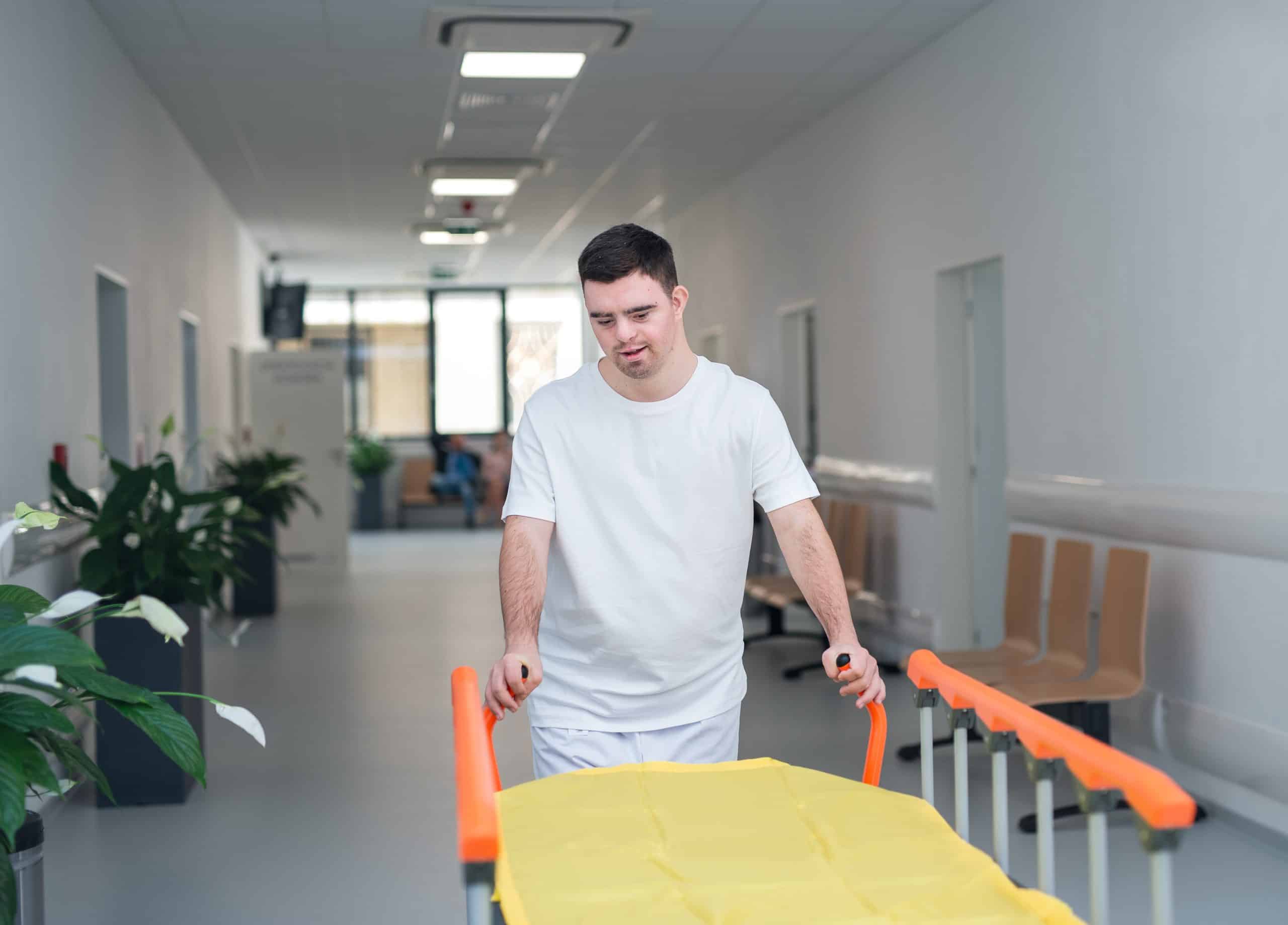How Are AI and IoT Combined to Enhance Smart Home Ecosystems?

As we delve deeper into the 21st century, technology continues to transform our lives in ways we could only imagine a few decades ago. Two significant technological advancements, Artificial Intelligence (AI) and the Internet of Things (IoT), are now converging to create futuristic smart home ecosystems. This article examines how AI and IoT combine to enhance smart home ecosystems, focusing on device integration, energy efficiency, home security, and automation systems.
AI and IoT: The Bedrock of Smart Homes
Artificial Intelligence and the Internet of Things are the bedrock of smart homes. AI refers to the capability of machines to mimic human intelligence. It is a broad term encompassing everything from speech recognition to autonomous robots. On the other hand, IoT refers to the network of interconnected devices that share data over the internet. This could be anything from your refrigerator to your car.
A lire en complément : How Are Quantum Sensors Being Used in Advanced Medical Diagnostics?
When AI and IoT converge in a home based system, they create a smart home. This is a dwelling where devices and appliances can be remotely controlled over the internet or function automatically using artificial intelligence. The devices are embedded with sensors and automated systems, capable of collecting data, analyzing it, and taking action based on the data.
AIoT: A Future of Enhanced Home Automation
The convergence of AI and IoT has given birth to a new concept known as the Artificial Intelligence of Things (AIoT). This is where AI is integrated with IoT infrastructures to create decision-making systems and smart devices. AIoT is seen as the future of home automation systems.
Cela peut vous intéresser : What Innovations Are Occurring in Space Exploration Technologies?
With AIoT, homeowners can have more efficient control over their home appliances, from lighting to heating systems. Sensors embedded in these devices collect data, and AI analyzes this data to learn the homeowners’ behavior. The system then makes recommendations or automatic adjustments based on the analyzed data. For instance, your heating system will learn your daily patterns and adjust the temperature to suit your preferences.
Energy Efficiency and Cost Savings
Leveraging AI and IoT for smart homes also comes with the advantage of energy efficiency and cost savings. AIoT devices have the capability to learn and adapt to your habits, ensuring optimal energy usage.
For example, smart thermostats can learn your schedule and temperature preferences and adjust accordingly, ensuring no energy is wasted when you’re not home. Similarly, smart lights can automatically turn off when no one is in a room. By optimizing energy use, these systems can significantly reduce your utility bills.
Enhanced Home Security
The combination of AI and IoT has significantly enhanced home security. Today’s smart security systems are far more advanced than traditional alarms. They can distinguish between homeowners, guests, and potential intruders using facial recognition technology.
These security systems can send real-time alerts to homeowners’ smartphones when unusual activity is detected. Furthermore, AI-powered security systems can predict potential security threats by analyzing data patterns, providing homeowners with proactive security measures.
Empowering Businesses with Smart Home Data
The data collected from smart home devices is a gold mine for businesses. Companies can analyze this data to gain valuable insights into consumer behavior, preferences, and habits. This information can be used to improve products, offer personalized services, and even predict future trends.
Moreover, businesses can leverage this data to offer value-added services. For instance, an energy company could use data from a smart thermostat to offer energy-saving tips, or an insurance company could offer discounts to homeowners with smart security systems.
In conclusion, AI and IoT are revolutionizing the way we live, making our homes smarter and more efficient. The convergence of these technologies is not only enhancing the functionality of home devices but also paving the way for innovative business opportunities. As we move towards the future, we can expect to see more advancements and integrations in the smart home ecosystem.
AI in Healthcare and Other Industries: A Future Perspective
The integration of artificial intelligence and the Internet of Things (IoT) is not only revolutionizing the home automation sector, but it is also penetrating other significant industries like healthcare, manufacturing, and transportation. The fusion of AI and IoT, or AIoT, is being leveraged to improve these sectors, and smart homes can serve as a model for such integrations.
In healthcare, for instance, AIoT can be used for predictive maintenance of medical equipment and to monitor patient health in real-time. By analyzing data from various IoT devices, AI can predict when a piece of equipment may fail and schedule maintenance before it occurs, thereby enhancing efficiency and reducing costs. Moreover, by using wearables and other IoT devices, doctors can monitor patients’ health status in real-time, enabling prompt intervention when necessary.
Similarly, in manufacturing, AIoT can drive predictive maintenance, process automation, and quality control. Real-time data from IoT-enabled machinery can be analyzed by AI systems to predict machine failures, optimize energy consumption, and improve product quality.
In the transportation sector, AIoT is being used to enhance traffic management, vehicle maintenance, and passenger safety. For example, smart traffic lights can adapt to changes in traffic flow in real-time, reducing congestion and improving road safety.
In essence, the AI and IoT integration seen in smart homes is spreading across various sectors, transforming them in similar ways. As this trend continues, we can anticipate profound transformations across industries, leading to higher productivity and efficiency levels.
Internet of Things and AI: The Future of Living Spaces
As we consider the impact of combining AI and IoT on smart homes, we realize that this amalgamation is set to redefine our living spaces. From enhanced home security to energy efficiency, AIoT is not only transforming our homes into highly intelligent ecosystems but also altering our lifestyle and the way we interact with our surroundings.
One of the significant changes we can expect is further automation in our homes. In the future, we can anticipate smart homes where everyday tasks, such as cooking, cleaning, and gardening, are automated. Devices systems equipped with machine learning algorithms will learn from our habits and perform these tasks to our liking, giving us more time to focus on other activities.
We can also expect developments in the area of predictive maintenance. Using AI and IoT, our home devices will be able to not only detect anomalies in real-time but also predict future breakdowns. This will ensure our devices are always in optimal condition, leading to enhanced efficiency and reduced maintenance costs.
Furthermore, we can expect to see advancements in virtual assistants. These AI-powered devices will become more intuitive and personalized, understanding our preferences and making decision-making processes easier.
In conclusion, the convergence of AI and IoT is set to redefine our living spaces, making them smarter and more efficient. As we move towards this future, it is crucial for stakeholders, including homeowners, businesses, and policymakers, to understand and leverage this transformation. With the right approach, we can harness the power of AIoT to create a future where technology enhances our lives in unprecedented ways.
